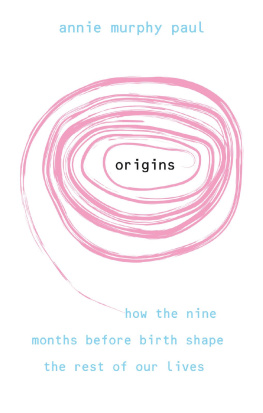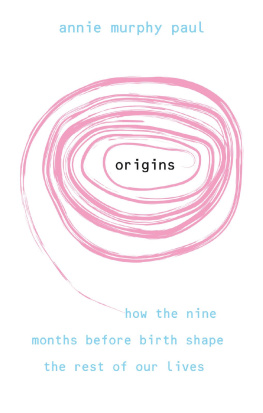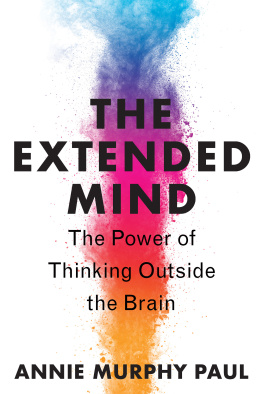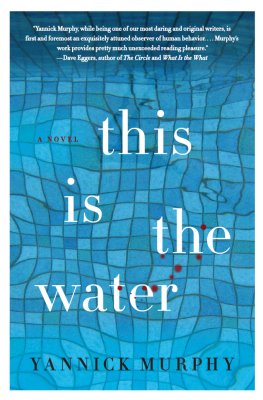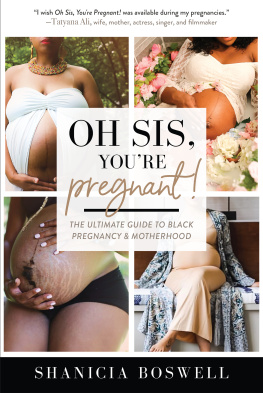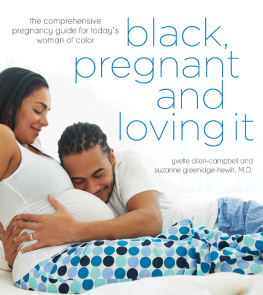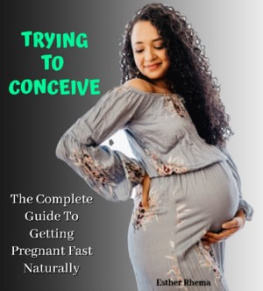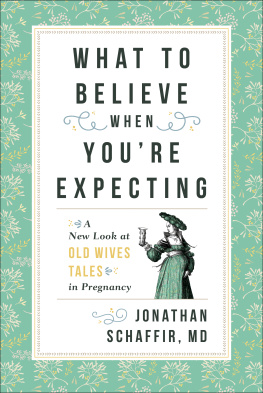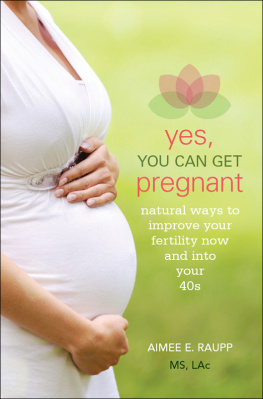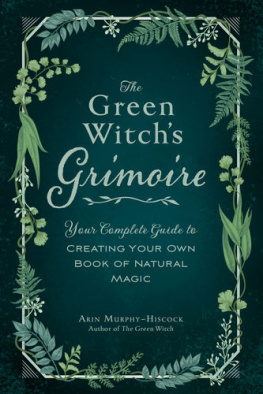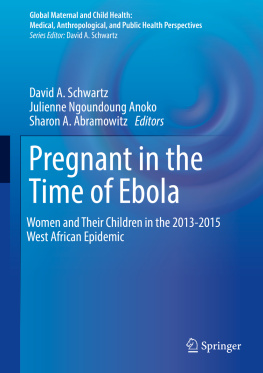Acclaim for ORIGINS
This is a terrific book on a fascinating and largely unexplored subjectthe mysteries of prenatal development. It is lucid, scientifically accurate, and clearly and gracefully written. Combining good science and a personal perspective is rare, especially in writing about children and motherhood, but Annie Murphy Paul has accomplished it beautifully.
Alison Gopnik, author of The Scientist in the Crib and The Philosophical Baby
Can what we experience in the womb affect us for the rest of our lives? In a word: yes. As Annie Murphy Paul shows in this fascinating exploration of a new line of research, the fetus not only grows and develops in utero, it actively prepares for life in the world outside, reading signals the mothers body is sending about whether there will be plenty or want, hardship or happiness, and fashioning itself accordingly. The implicationsfor policy, for prenatal care, for parentingare endlessly important.
Liza Mundy, author of Everything Conceivable: How Assisted Reproduction Is Changing Our World
That the behavioreven the emotionsof a pregnant woman can profoundly change her developing child is a remarkable idea. In this brilliant book, Annie Murphy Paul shows us that ground-breaking research on fetal origins is not a cause for fear or anxiety, but for wonder and even hope.
Ethan Watters, author of Urban Tribes and Crazy Like Us
Annie Murphy Pauls Origins delights from the first sentence onward. Engaging and fresh, it answers a host of compelling questions about what is really happening between mother and child as the outside world makes its way inside in those crucial nine months of fetal developmentlike why you may not want to drink from plastic bottles, and what happens when youre stressed, and what about the air we breathe. While Origins deserves a place on every expectant parents bookshelf, it should be of deep interest to anyone who has ever spent time in a womb.
Sue Halpern, author of Cant Remember What I Forgot and Migrations to Solitude
A trek through the new frontier of fetal origins, with a smart, savvy, motivated guideAnnie Murphy Paul, pregnant with her second child and driven to figure out whats going on in there. She lucidly describes what scientists are learning about the life-long impact of those first nine months, from the mothers diet to her stress level, from the BPA in plastic to the call and response of the fetal-maternal dance. Read it with pleasure, and brace yourself for some surprises.
Robin Marantz Henig, author of Pandoras Baby: How the First Test Tube Babies Sparked the Reproductive Revolution
One of the most influential environments on Earth lies within womens bodies, the still mysterious world of the womb where all of us spend the beginning months of our lives. In her fascinating book, Annie Murphy Paul explores this strange and wonderful first home, both as a science journalist investigating the critical first steps in human development and as an expectant mother thinking about how a child grows ready for the world outside. The combination and the lessons contained in both journeys make Origins an irresistibleand importantway to better understand ourselves.
Deborah Blum, author of Sex on the Brain and The Poisoners Handbook
Also by Annie Murphy Paul
The Cult of Personality:
How Personality Tests Are Leading Us to Miseducate
Our Children, Mismanage Our Companies,
and Misunderstand Ourselves
ORIGINS
HOW THE NINE MONTHS
BEFORE BIRTH SHAPE
THE REST OF OUR LIVES
ANNIE MURPHY PAUL

Copyright 2010 by Annie Murphy Paul
The moral rights of the author have been asserted.
All rights reserved. No part of this book may be reproduced by any mechanical, photographic or electronic process, or in the form of a phonographic recording; nor may it be stored in a retrieval system, transmitted or otherwise be copied for public or private use, other than for 'fair use' as brief quotations embodied in articles and reviews, without prior written permission of the publisher.
The author of this book does not dispense medical advice or prescribe the use of any technique as a form of treatment for physical or medical problems without the advice of a physician, either directly or indirectly. The intent of the author is only to offer information of a general nature to help you in your quest for emotional and spiritual wellbeing. In the event you use any of the information in this book for yourself, which is your constitutional right, the author and the publisher assume no responsibility for your actions.
A catalogue record for this book is available from the British Library.
ISBN 9781848504158 in Mobipocket format
ISBN 9781848504165 in Epub format
To my children
ONE MONTH
I f youre going to ponder the mysteries of our originswho we are, and how we got this wayyou could pick a worse spot than Tot Lot One Hundred Five. A small playground and neighborhood gathering place, its located near 105th Street in Riverside Park, a green ribbon that runs along the western edge of Manhattan, far from Central Parks crowded zoo and carousel. On this sunny July morning, its a childs garden of elemental delights: sand, mud, and water that burbles from a great stone turtle like some primeval spring. Im leaning back on the lots wrought-iron fence, beholding the variety of human nature and human physiognomy on display, average age two and a half: there are the big, lumbering kids and the delicate fine-boned ones, the exuberant squealers and the wide-eyed watchers, the children running in crazed circles around the jungle gym and the ones reclining regally as pashas in their padded strollers.
My eyes alight on my own son, three-year-old Teddy, who is studiously constructing a many-turreted fort in the sandbox. Looking at his sturdy frame and his intent expression, I find myself musing once more on a familiar question. It came to me for the first time in the hospital, when I sat for hours next to my newborns bassinet, watching him make whimsical, arched-brow faces in his sleep like a tiny mime. It reappeared a couple of years later when my toddler son began speaking, a development as surprising and fantastical as Dr. Doolittles talking animals. Now here it is again, the ever-renewing riddle of parenthood: What makes you the way you are?
Other parents seem to know the answer. For one confident camp, its genes. Teddy is serious but a little dreamy sometimes, like John, says a friend of my husband, a classic absentminded professor. Teddy got your writerly sensitivity, says one of my girlfriends. And your stubbornness, adds another. Its as if his personality traits were lottery numbers drawn at conception, numbered Ping-Pong balls already settled into their slots. For another camp, its all about nurture: the stimulating mobiles and the educational toys, the organic vegetables and the judiciously applied time-outsthese things, they say, make children who they are. Gazing around the playground at the parents clustered on park benches and perched on the edge of the sandbox, I imagine the two sides lining up for a rumble, getting ready to duke it out: Genes! No, environment! Nature! Nurture!
But lately Ive begun to wonder about another source of influence, one that incorporates both nature and nurture: the conditions our children experienced while still in the womb. When I was pregnant with Teddy I felt an awareness of his particular presence, a sense that his individual development was already well under way. Now, when some new facet of his mental or emotional or physical self is revealed, I find myself pondering the possibility that it had its origins in utero. What if childrenwhat if all of usowe our constellation of traits not only to the genes we inherit at conception, and not only to the world we encounter after birth, but also to the nine eventful months in between?
Next page
